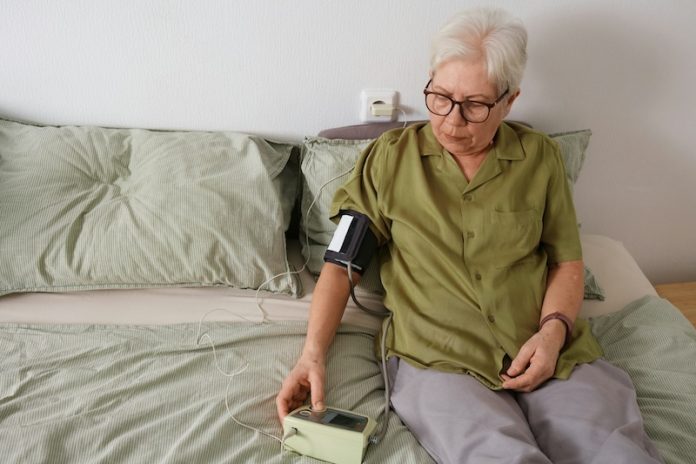
High blood pressure, or hypertension, is a common condition that affects millions worldwide. If left uncontrolled, it can lead to serious health problems like heart disease, stroke, and even damage to the kidneys and eyes.
Managing hypertension usually involves a combination of healthy lifestyle choices, such as eating well and exercising, along with taking prescribed medications. However, new research has uncovered an often-overlooked factor that could be making blood pressure harder to control.
Surprising Insights from Harvard Research
A recent study from Harvard University has revealed that some people with high blood pressure are unknowingly making their condition worse by taking other medications that interfere with their treatment. These medicines, though prescribed for unrelated health issues or available over the counter, can contribute to higher blood pressure levels.
According to a large health survey analyzed in the study, nearly one in five adults with high blood pressure might be taking medications that make it harder to manage their condition. Common culprits include:
- Pain relievers like ibuprofen and other NSAIDs.
- Certain antidepressants.
- Steroids.
- Hormone-based medications, such as birth control pills.
- Decongestants found in over-the-counter cold remedies.
- Some weight loss medications.
The research also found that people using these medications often needed higher doses of their blood pressure medication to maintain safe levels, making treatment more challenging and potentially increasing the risk of complications.
What You Can Do to Take Control
Check Your Medication List
If you have high blood pressure, it’s important to review all the medications you’re taking, including prescriptions, over-the-counter drugs, and supplements. Speak with your doctor or pharmacist to ensure none of them are contributing to your condition.
This step is especially important if you see multiple healthcare providers, as they may not always be aware of each other’s prescriptions.
Make Healthy Lifestyle Choices
While medication is key to managing high blood pressure, adopting healthier habits can make a big difference too:
- Eat well: Focus on fruits, vegetables, whole grains, and foods low in salt and saturated fat.
- Exercise regularly: Even moderate activity like walking for 30 minutes most days can help lower blood pressure.
- Reduce stress: Practices like yoga, meditation, or deep breathing exercises can help manage stress, which is often linked to high blood pressure.
Be Cautious with Certain Medications
Certain types of drugs are more likely to affect blood pressure. If you take any of the following, be sure to discuss them with your healthcare provider:
- Pain relievers like ibuprofen or naproxen.
- Some antidepressants.
- Hormone-based medications, including birth control pills.
- Cold medicines containing decongestants like pseudoephedrine.
- Steroids or medications for inflammatory conditions.
- Weight loss pills.
While not everyone experiences higher blood pressure from these drugs, some people are more sensitive to their effects.
Taking Charge of Your Health
Managing high blood pressure requires attention to more than just the medications prescribed for the condition. By being mindful of all the substances you take and making smart lifestyle choices, you can significantly reduce your risks and improve your overall health.
If you’re unsure about how your medications or habits might be affecting your blood pressure, don’t hesitate to ask your doctor or pharmacist for advice. Taking an active role in your health can lead to better outcomes and a healthier future.
If you care about high blood pressure, please read studies about unhealthy habits that may increase high blood pressure risk, and drinking green tea could help lower blood pressure.
For more information about high blood pressure, please see recent studies about what to eat or to avoid for high blood pressure, and 12 foods that lower blood pressure.
Copyright © 2025 Knowridge Science Report. All rights reserved.



